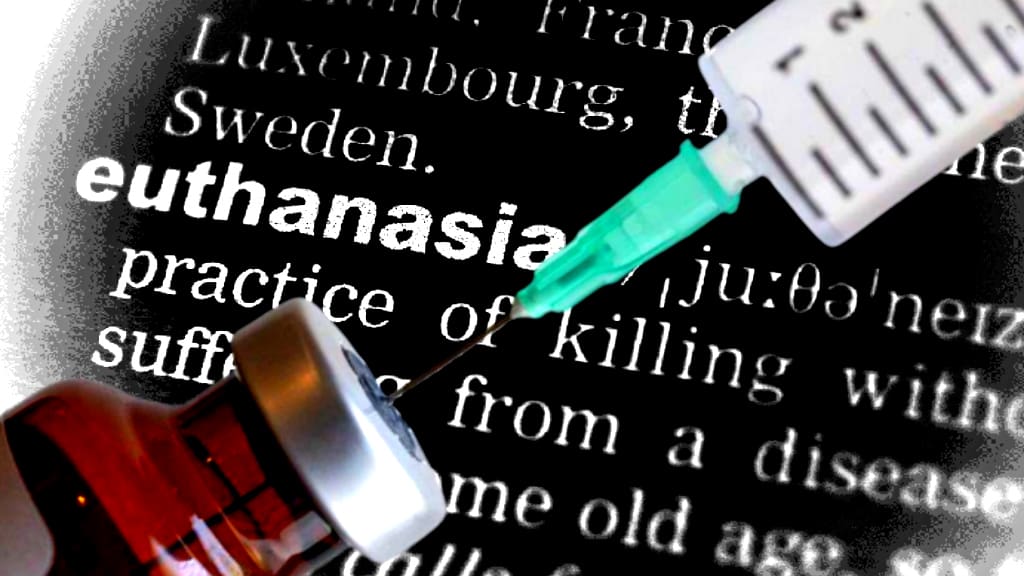
Thirty-six year old Alexina Wattiez received the devastating news that she was diagnosed with terminal cancer. In 2021, doctors told her she would not survive another year. By the spring of 2022, her health had deteriorated to the point that she chose Belgium’s controversial euthanasia program to end her life in what she hoped would be a more peaceful and less painful way to die.
Belgium legalized euthanasia in 2002. The law allows patients suffering from untreatable or unbearable physical or psychological conditions to choose to end their lives.
Newsweek shares, “Belgian law specifies that to qualify for euthanasia, the person must be in a ‘medically futile condition of constant and unbearable physical or mental suffering that cannot be alleviated, resulting from a serious and incurable disorder caused by illness or accident.’”
Unfortunately for Alexina, her death was anything but peaceful. After a cocktail of drugs failed to end her life, European media outlet Le Soir, reported that Alexina was suffocated with a pillow by nurses while her loved ones in another room heard her screams.
Le Soir reported that Alexina’s partner, Christophe Stulens, and his 15-year-old daughter Tracy were there when a doctor and two nurses came to the home to administer the euthanasia protocol.
“After a short night’s sleep, I was woken up by a nurse who told me that Alexina was doing very badly,” Stulens said. “Then the doctor took some syringes and we were asked if we wanted to say goodbye.”
Stulens and his daughter were told to wait outside, so they went onto the terrace, but what they thought would be a peaceful death quickly turned horrific: they heard screaming.
“I recognized her voice,” he said. “Afterwards we saw her lying on the bed with her eyes and mouth open.”
De Telegraph reported that an autopsy found that Wattiez died of asphyxiation, not the euthanasia drug cocktail that was meant to end her life, and that nurses took turns using a pillow to suffocate her.
The drugs used in assisted suicide are often the same used for executions, and they are frequently known to fail. Additionally, while the process of dying may look peaceful, in reality, there is a serious possibility of severe pain.
As Dr. Joel Zivot, an associate professor of anesthesiology and surgery at the Emory School of Medicine, has previously explained, “The death penalty is not the same as assisted dying, of course. Executions are meant to be punishment; euthanasia is about relief from suffering. Yet for both euthanasia and executions, paralytic drugs are used. These drugs, given in high enough doses, mean that a patient cannot move a muscle, cannot express any outward or visible sign of pain. But that doesn’t mean that he or she is free from suffering.”
In fact, the lungs may fill with fluid, causing the patient to essentially drown while he or she is paralyzed.
“Advocates of assisted dying owe a duty to the public to be truthful about the details of killing and dying,” Zivot continued. “People who want to die deserve to know that they may end up drowning, not just falling asleep.”
The Gateway Pundit reported on the rising culture of death spreading throughout the world, including French president Emmanuel Macron’s work to implement a law on an ‘End of Life Model” in a move seen by his critics as a dangerous first step towards legalizing euthanasia in the country.
The post Woman Euthanized in Belgium Heard Screaming by Loved Ones as She was Suffocated by Pillow appeared first on The Gateway Pundit.
